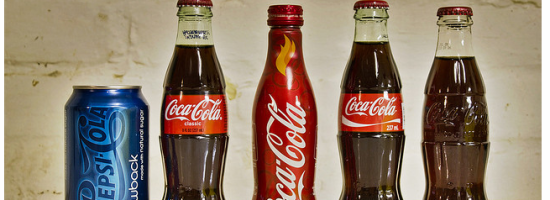High-Fructose Corn Syrup: As Damaging to the Liver As Alcohol

High-fructose corn syrup is as damaging to the liver as alcohol.
Although you might consider this a controversial statement, understanding it is actually quite simple: Both corn syrup and alcohol are metabolized by similar pathways in the liver.
This article focuses on the results of the intake of high levels of corn syrup, which is highly concentrated fructose. Fruit also contains fructose, but fruit also contains fiber that slows the absorption of fructose. Flooding the body with fructose beyond its adaptive mechanisms is what causes problems; not eating fruit.
Fructose is metabolized by the liver and is stored as fat in amounts that common table sugar (glucose) is not. Glucose metabolism is bottlenecked by a regulatory enzyme that raises insulin, which elevates leptin levels, which in turn suppressive appetite. Both alcohol and high fructose lack the regulatory framework that governs glucose metabolism.
Recent animal studies have confirmed that high fructose consumption leads directly to fatty liver. Research in adult humans consuming fructose-sweetened beverages for just ten weeks found that they gained belly fat, raised triglycerides, and became more insulin resistant.
Excessive fructose increases uric acid, which in turn raises blood pressure. Uric acid inhibits nitric oxide which is a prime mechanism for lowering blood pressure.
Fructose also increases inflammation in the liver by initiating an enzyme that is appropriately named “Junk 1.”
The Hepatitis C virus rides on a carrier of vLDL (very low density lipoproteins), which is how it moves from cell to cell. At the very end of the fructose pathway is vLDL, where fructose produces high levels of bad cholesterols.
Therefore, at Alchemist Lab, we prescribe:
Lowering or fully eliminating products containing high-fructose corn syrup from your diet.
Eating more fruits and vegetables as a means of getting your natural source of both fructose and fiber.
Taking Naringenin (the substance that makes grapefruit taste bitter) to inhibit the formation of vLDL, which in turn reduces high levels of bad cholesterols and helps keep bad cholesterol levels lowered.
